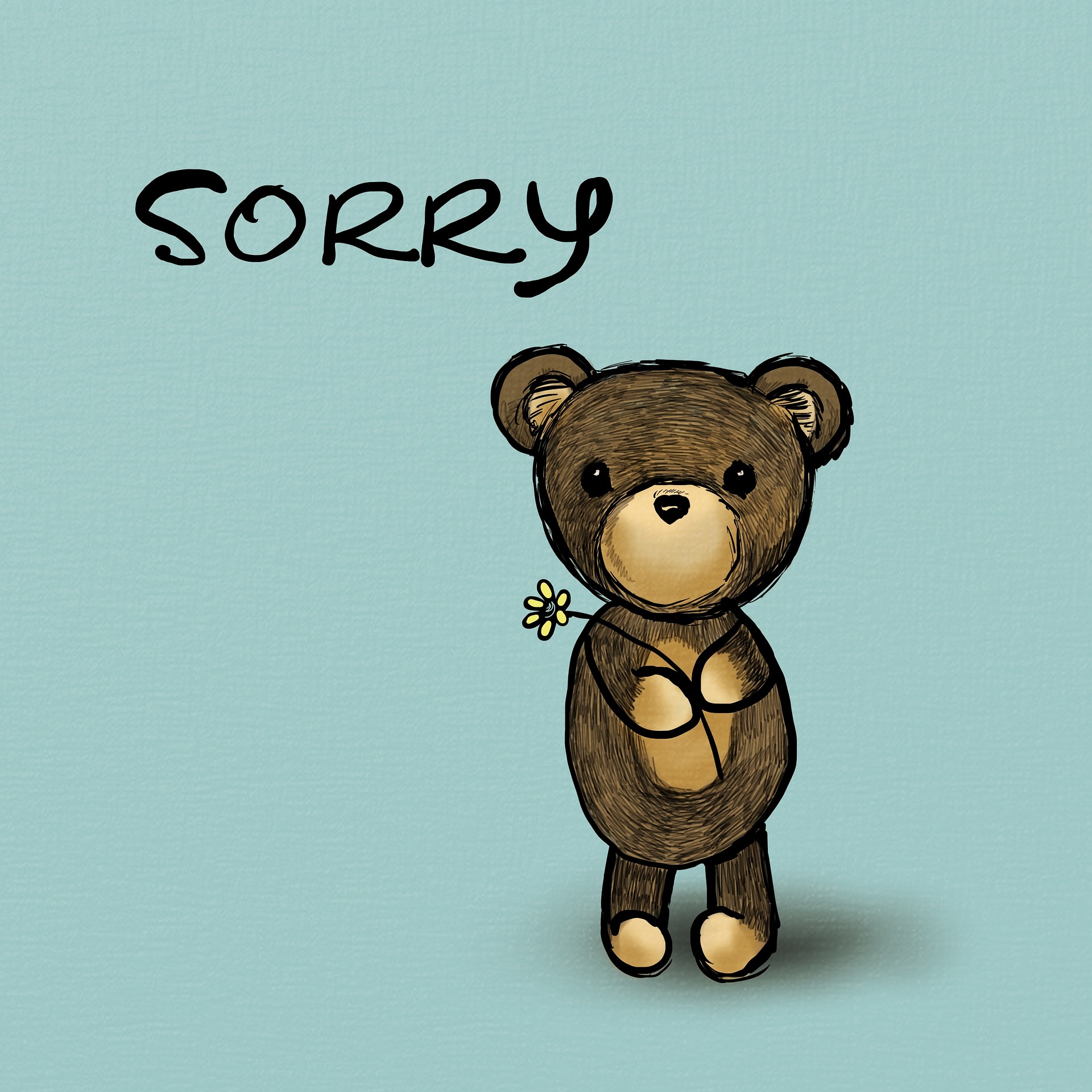This week’s life lesson is:
When you hurt someone, say you’re sorry and give them a hug
This lesson usually came after the sharing or biting incidents. We would sit both parties down, admonish who ever needed to be admonished, and then encourage this interaction. I was constantly surprised at how willing the kids were to offer forgiveness when asked. It was instantaneous most times.
There are a number of terms for this – keeping short accounts, being accountable, whatever. The long and short of it is take responsibility for your actions and do something about it. You may gain a best friend for life.
My colleague Christina has an absolutely brilliant take on this!
Accountability….ouch. It can be a big word, that we often avoid. Not only do we avoid being accountable, but we avoid acknowledging it. It’s easier to barrel our way through life making
excuses for our behavior or blaming the people we’ve hurt for being too sensitive or not living up to our exacting standards.
What I’ve learned, by making all the mistakes and hurting lots of people along the way, is being accountable matters. It leads to better outcomes. It creates sustainable relationships. It improves teamwork. It makes us better leaders.
Too often in business, we are so focused on the results that we will do almost anything to get them. And we make excuses for our behavior to rationalize how we treat others. How many
times have you lashed out at a team member in a tense moment and dismissed it – “They shouldn’t have been so frustrating”, “They should have performed better”, “If they would have done their job right I wouldn’t have had to”…. And on and on it goes.
The issue is, we are placing the blame and responsibility for OUR behavior on someone else. Anytime you think “they should have…” STOP. Just STOP. Take a moment and look within.
One of the biggest challenges that arises when I’m coaching leaders is the struggle to approach situations from a place of empathy rather than fear and scarcity. How we, as leaders of organizations, treat people matters. We must be accountable for how our words and actions impact the people around us.
It’s simple, but it ain’t easy.
Are you operating from a place of fear and scarcity or abundance and empathy?
I operated from fear and scarcity for years and years. And while that may have gotten me ahead and promoted (fear and scarcity are rewarded in some corporate environments) it didn’t leave
me feeling proud of what I’d accomplished. My successes were always tainted because inside I knew I wasn’t staying true to who I am and I had hurt people on my journey.
I had my reasons (*cough* *cough* excuses). I was the bread winner for my family. I needed to keep my job regardless of what I had to give up (my integrity, time with family, treating people with the respect they deserve).
If I’m being honest, I wanted to win at all costs. I was being controlled by my fear and insecurities. It wasn’t until I discovered that I could be more effective as a leader by treating the team with respect, admitting when I was wrong, and building trusting relationships that we started to gain traction as a team and make incredible progress. Being vulnerable and honest created a safe environment that allowed everyone to do their best work.
Even in the most difficult times in business, you can treat the people around you with dignity and care. When you need to discipline employees or even let someone go from their job, lead with empathy and you will be surprised at how effective these challenging encounters can be.
If you slip, that’s ok. Go back and take accountability for your actions. Apologize for how you handled the situation or how you spoke. This is a huge opportunity to build trust and rapport
with the people around you. Instead of your mistake damaging the relationship, it can strengthen it.
You must be willing to be accountable. Accountable for your actions, accountable for your words, and accountable for how YOU’VE made others feel. That is true leadership.





Leave a Reply